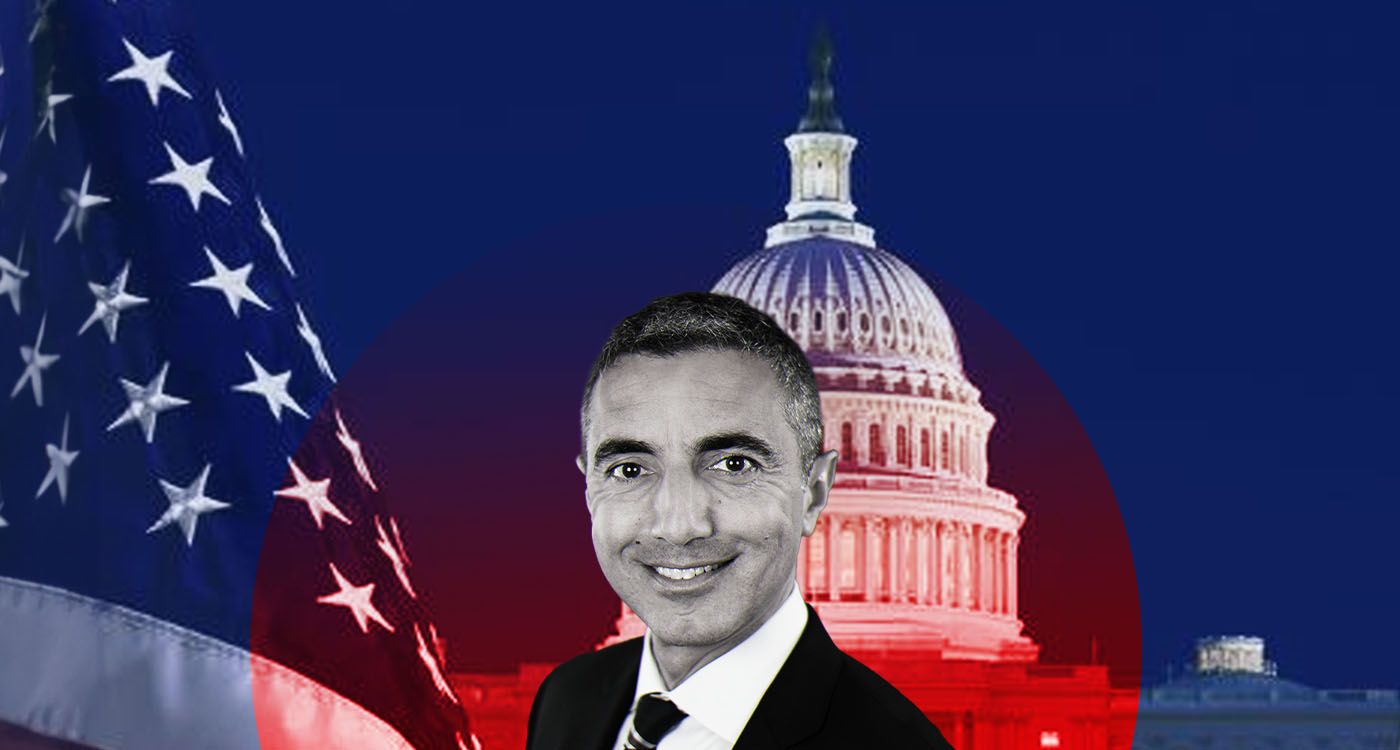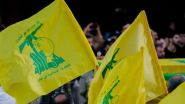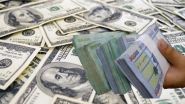
I spent the last decade away from Lebanon in self-imposed exile. I became an intellectual and political pariah for demanding immediate and unconditional peace between Lebanon and Israel. I was told not to show off my Hebrew and to conceal my friendships with Israelis. I was told that I was going too far and that the Lebanese were not there yet. And then, bam! Israel crushed Hezbollah, and now peace is suddenly on the table. I’m not the outcast anymore.
This piece is not about me. It’s about all the voices for peace with Israel now rising in Lebanon. Voices do not mean Lebanon is there yet but are an excellent start. The Iran-backed militia is weakened, but not dead. It is planning a comeback, even if it does not yet know how. Hezbollah will do what it can to derail peace with Israel, but without its arms or ability to deploy violence, its opposition will be mute and ineffective.
While Lebanon is not debating peace yet, signs are encouraging. For a starter, you are reading these lines in a Lebanese media outlet, which would have been unthinkable six months ago. Former U.S. Ambassador to Lebanon David Hale wrote, on this same site, an article with the title “It Is Time for Israeli-Lebanese Peace”.
In the past, the article would have caused a stir. Hezbollah media would have attacked This Is Beirut and accused its editors of treason. This time, instead, Hale’s piece was widely circulated. There was little attention given to what Hezbollah thought of Lebanese normalization with Israel, just like speeches delivered by the militia’s new chief Naim Kassem were mostly noticed, unlike the explosive ones by his predecessor Hassan Nasrallah, whom Israel killed in September.
In Lebanon, voices — including among the Shia whose majority traditionally supported Hezbollah — can now be heard.
In a column in Arabic, academic Bashar Haidar encouraged the Lebanese to call a spade a spade: Getting rid of Hezbollah, which obstructed change and reform, would have been impossible without Israeli power. To be sure, Haidar argued, Israel did not do it for charity or because it has the Lebanese interests at heart, but did it for its interests. Regardless of Israel’s intentions, its war that took out Hezbollah gave the Lebanese a chance that Haidar urged his compatriots not to waste.
A year ago, Haidar was the target of a vilification campaign that Hezbollah partisans launched against him. Haidar had invited a fellow ethicist, a Jewish-American professor in New Jersey, to give a Zoom lecture on the ethics of the wars in Gaza and Lebanon. The American professor was singled out for calling himself Zionist, and Haidar had to cancel the lecture and suffer defame.
Haidar is not the only voice. Marwan Al-Amin, a known Shia opponent of Hezbollah from south Lebanon, took on the militia for its insistence on speaking on behalf of all the Shia, tyrannizing its opponents and pretending that it is being left out of the state if Prime Minister-Designate Nawaf Salam does not give the militia what it wants. “No one agrees to Hezbollah’s continued armament and the undermining of state sovereignty, the Taef Accord, and international resolutions,” Al-Amin wrote.
The anti-Hezbollah movement in Lebanon is not massive yet, but it is certainly trying to find its footing, and with it, more Lebanese voices for peace — Shia and non-Shia alike — can be heard now. The Arabic proverb says “rain starts with a drop.”
Now that a new U.S. president has vowed to make peace his legacy, and that Israel has the initiative and is dictating Hezbollah’s disarmament, it is high time that the word peace be heard louder, from American, Israeli, and — hopefully soon — Lebanese officials.
Hussain Abdul-Hussain is a research fellow at The Foundation for Defense of Democracies (FDD) in Washington, DC.




Comments